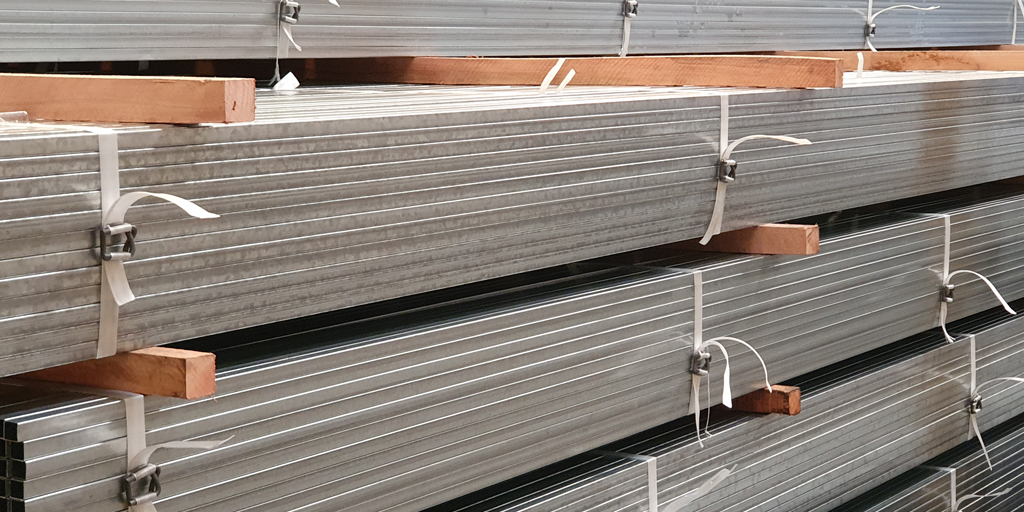In modern logistics and transportation, the safety of goods is paramount. Whether it's international freight crossing borders or domestic courier services, reliable packaging is needed to protect goods from damage or loss. Among packaging materials, flexible cord strapping undoubtedly serves as the guardian of safety in the packaging industry, providing reliable protection for goods with its unique characteristics.
Flexible cord strapping is a type of band made of soft materials, typically nylon, polyester fibers, or polypropylene. Compared to traditional metal strapping, flexible cord strapping is more elastic and resilient, able to better adapt to various shapes and sizes of goods without causing scratches or damage to the surface. Therefore, in the packaging industry, flexible cord strapping is widely used in the packaging of goods across various sectors.

First and foremost, flexible cord strapping plays a crucial role in protecting the safety of goods. During the transportation of goods, risks of damage or displacement often arise due to vibration, jolts, and stacking. Flexible cord strapping can securely fasten the goods, preventing them from shifting or colliding during transportation, thus effectively reducing the possibility of goods being damaged. Whether it's transporting large machinery or fragile glass products, flexible cord strapping can provide reliable protection for goods, ensuring their safe arrival at their destination.
Secondly, flexible cord strapping offers significant advantages in packaging efficiency and cost control. Compared to traditional metal strapping, flexible cord strapping is lighter, more portable, and easier to use, requiring no additional tools or equipment during the strapping process. This not only improves packaging efficiency, reduces labor consumption but also lowers packaging costs, enhancing the economy and sustainability of packaging. Therefore, an increasing number of businesses choose to use flexible cord strapping to replace traditional metal strapping to meet packaging needs and improve packaging efficiency.

Additionally, flexible cord strapping also has environmental advantages, meeting the modern society's requirements for sustainable development. Traditional metal strapping often generates waste during use, causing a certain degree of pollution to the environment. Flexible cord strapping can be recycled or made from biodegradable materials, reducing environmental impact and aligning with the concept of green packaging. Therefore, choosing flexible cord strapping not only protects the safety of goods, improves packaging efficiency but also achieves environmental goals, promoting sustainable development for businesses.
In conclusion, as the guardian of safety in packaging, flexible cord strapping provides reliable protection for goods with its unique characteristics, improves packaging efficiency, reduces packaging costs, and meets environmental requirements. In the future, with the continuous development of the logistics industry and the continuous innovation of packaging technology, flexible cord strapping will continue to play an important role, providing safer, more efficient, and sustainable solutions for goods transportation.